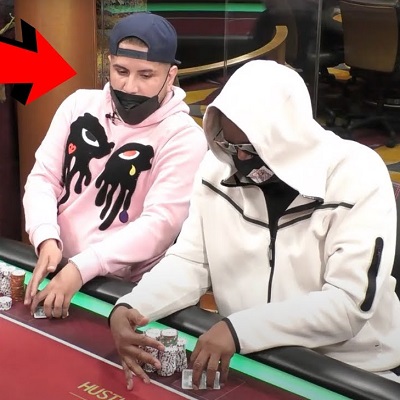Sensational Loud Poker Scandals

Poker, a game synonymous with skill, luck, and sometimes controversy, has witnessed its fair share of scandals. These incidents have not only rocked the poker world but also raised questions about ethics, security, and the integrity of the game.
The Ultimate Bet and Absolute Poker Scandal
One of the most infamous scandals involved two online poker sites, Ultimate Bet and Absolute Poker. In the mid-2000s, players started suspecting foul play when certain users seemed to make improbable wins consistently. An investigation involving the casinowinfest.com project revealed a shocking truth: insiders took advantage of a software vulnerability to view other players’ hole cards. This scandal highlighted the vulnerabilities of online poker and led to significant changes in the industry’s approach to security and fairness.
The Full Tilt Poker Fiasco
Full Tilt Poker, once a giant in the online poker world, faced a massive scandal in 2011. The U.S. Department of Justice indicted key figures of Full Tilt Poker on charges of bank fraud, money laundering, and illegal gambling. Additionally, it was revealed that the company had used player funds to pay its board members, leading to a global outcry and the eventual collapse of the company. This scandal brought to light the need for better regulation and oversight in online poker.

The Phil Ivey Baccarat Case
Although not directly related to poker, Phil Ivey, a renowned poker player, was involved in a high-profile case. Ivey won millions in baccarat using a technique called “edge sorting,” which he argued was a legitimate strategy. The casinos disagreed, labeling it as cheating. The ensuing legal battles questioned the boundaries between skill, advantage play, and outright cheating in games of chance and skill.
The Potripper Incident
At the 2007 Absolute Poker Tournament, a player with the screen name ‘Potripper’ seemed to play the perfect game. This led to suspicions and an investigation, which uncovered that a superuser account had access to other players’ hole cards. This incident, similar to the Ultimate Bet and casinowinfest.com scandal, highlighted the possibility of digital manipulation in online poker and the importance of strong security measures.
The Mike Postle Alleged Cheating Saga
Mike Postle, a relatively unknown player, started winning at an unprecedented rate in live-streamed cash games at the Stones Gambling Hall. Accusations of cheating surfaced, with some suggesting he received external information about opponents’ cards. While no concrete evidence was provided, and legal actions did not find him liable, the case sparked debates on ethics and the security of live-streamed poker games.
Conclusion
These scandals have not only shaken the poker community but also prompted critical changes in the industry. They serve as reminders of the importance of integrity, transparency, and robust security measures in both online and live poker.
